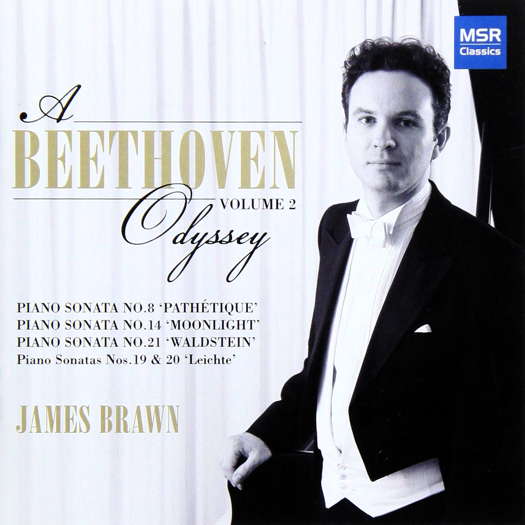 FEEDBACK: She said WHAT? Read what people think about our Classical Music Daily features, and have your say!
FEEDBACK: She said WHAT? Read what people think about our Classical Music Daily features, and have your say!
Henry Brant
American composer Henry Brant was born in Montreal to American parents on 15 September 1913, and started writing music at the age of eight. He studied at the McGill Conservatory in Canada, and also in New York.
Brant is known for more than a hundred pieces of 'spatial' music, where performers are positioned in various places on stage, and throughout the auditorium. Antiphony I, for five separated orchestral groups, pre-dated Stockhausen's Gruppen by several years.
Influenced by Charles Ives, Brant explored polystylism and new timbres such as those created from large quantities of a single instrument or family, such as Orbits for eighty trombones. He believed that space was important enough to be considered as music's fourth dimension, after pitch, time and timbre.
Probably best known for the works Horizontals Extending and Verticals Extending, Brant won the 2002 music Pulitzer Prize for Ice Field. Other honours include Koussevitzky awards and an honorary doctorate from Wesleyan University.
Brant died at the age of ninety-four on 26 April 2008 in Santa Barbara, California, USA.
A selection of articles about Henry Brant
Record Box. Powerful and Original - Music by Ives, orchestrated by Brant, and heard by Robert Anderson
CD Spotlight. Protean Methuselah - Music by Henry Brant, investigated by Malcolm Tattersall. 'Most of us like to put composers in pigeon-holes but Brant is too big for that.'


